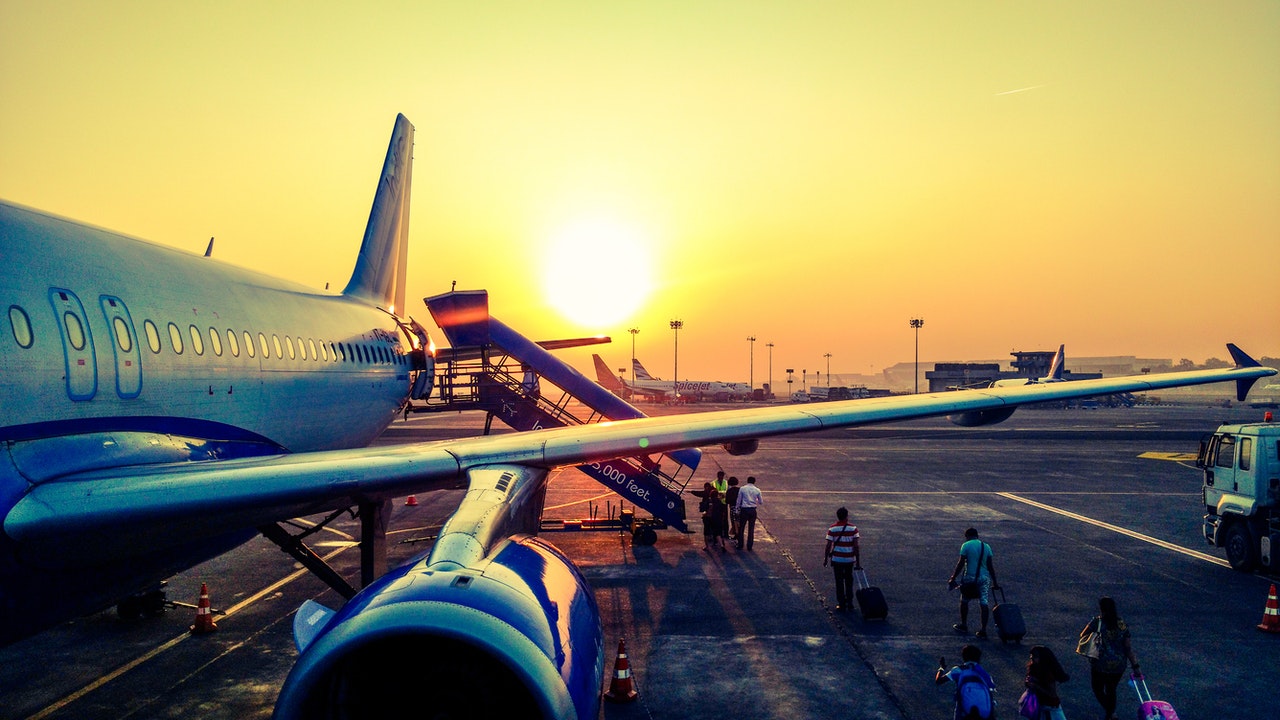Advanced self-service and biometrics
Biometrics has formed part of our annual trends report for a number of years and this year is no exception. With COVID-19 reinforcing the idea of frictionless travel, the pandemic has also put strong emphasis on biometrics as a must-have technology. In the past couple of years, we have seen the number of airlines and airports that have adopted the technology grow exponentially.
In more recent news, Star Alliance introduced a new interoperable biometric identity and identification platform for screening passengers, which went live in November 2020 at Munich and Frankfurt airports for select Lufthansa Group passengers; Spirit Airlines rolled out biometric check-in at US airports to reduce face-to-face interaction between airlines staff and passengers; Emirates launched an integrated biometric path at Dubai International Airport; Etihad trialled facial biometric check-in for cabin crew; and Fort Lauderdale Hollywood International Airport (FLL) started facilitating biometric boarding of flights for all international departures.
Elsewhere, VINCI Airports became the first airport operator in the world to deploy biometrics throughout the entire passenger journey from home to plane. The airport operator deployed a new travel assistant, called Mona, designed to revolutionise the passenger experience at Lyon Saint Exupéry Airport.
One of the major questions regarding the use of facial recognition during the pandemic has been whether the technology could assess the identity of travellers wearing a mask. The Biometrics Institute recently issued a statement, saying that “the widespread use of masks must mark a step change in how identity is managed and the way facial recognition biometrics are developed and applied”.
Indeed, many suppliers have been working to enhance their biometric solutions to allow for passengers to seamlessly go through the biometrics checks without taking off their masks. One such company is NEC, which worked closely with Star Alliance on its latest biometrics programme. During the recent FTE APEX Biometrics Summit, which took place as part of Virtual Expo in December 2020, Raffie Beroukhim, Senior Vice-President and Chief Experience Officer, NEC Corporation of America, said that enabling mask-wearing was an absolute must before the project could be rolled out. “The technology in the Star Alliance biometrics service is trained to overcome this mask issue with accuracies upward of 98%,” he explained.
While the rollout of biometrics technology is continuing apace around the world, the adoption in the coming year will be driven largely on return of investment. Once airlines and airports start seeing first signs of recovery from the COVID-19 crisis, biometrics technology will undoubtedly be a top priority.
The deployment of new and emerging technologies, such as biometrics and digital health passports, however, brings with it a number of challenges, and protecting customer’s data is one of the biggest responsibilities for airlines, airports and their partners. In the very core of such solutions is that they use sensitive personal information and it is essential to address privacy risks at an early stage of the development before a large-scale deployment takes place. So this year, we expect the industry to focus largely on protecting the privacy of passengers, while also tapping into the opportunities created by this new pool of data.
Here at FTE, we will continue to follow the discussion closely and will once again champion biometrics through our conference agendas at the upcoming FTE APEX Virtual Expo 2021, FTE Global+, FTE Ancillary+, and FTE APEX Asia Expo+ events.

